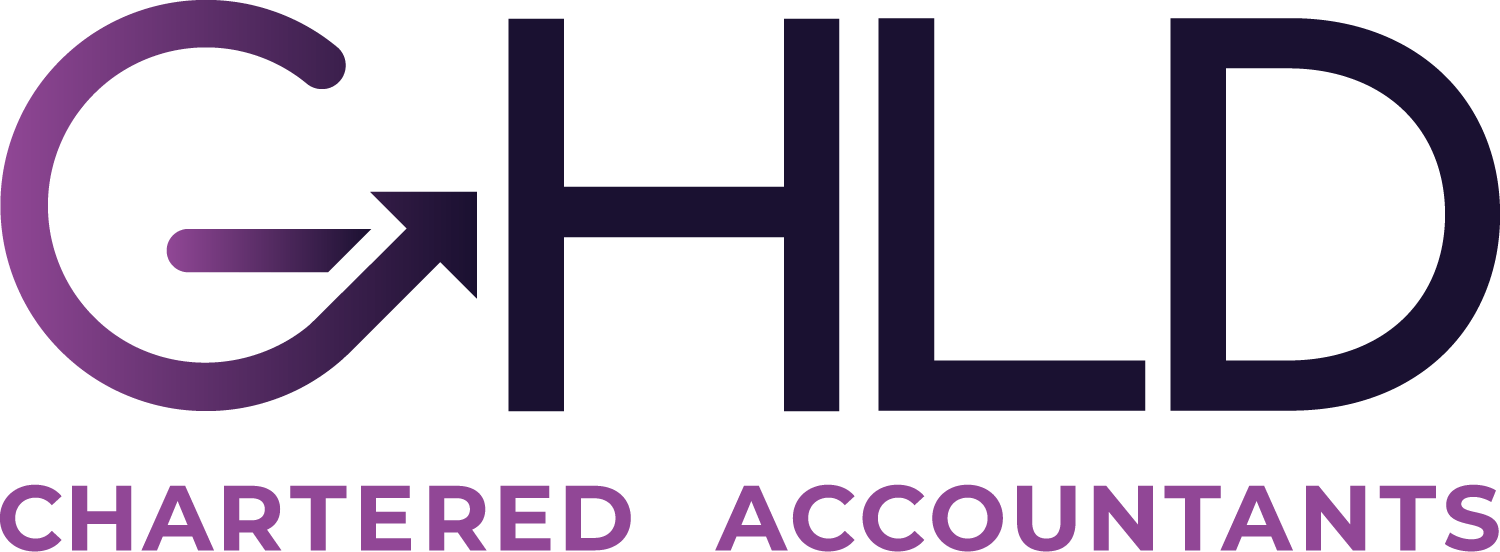Understanding P11D benefits is crucial for both staff and business owners. The P11D form, submitted annually to HM Revenue and Customs (HMRC), details the value of any benefits and expenses provided to employees. This process impacts taxation and National Insurance contributions, so it is essential to grasp its implications fully.
What are P11D benefits?
P11D benefits are non-cash perks provided to employees, such as company cars, private healthcare, or interest-free loans. These benefits enhance overall compensation packages but also affect tax liabilities. The P11D form captures the taxable value of these perks, ensuring transparency and compliance with tax regulations.
Why P11D benefits matter
For employees, P11D benefits can significantly enhance the value of their compensation packages. However, these benefits are not without cost. The value of the perks is subject to tax, and employees must be aware of how this impacts their take-home pay. For business owners, offering attractive P11D benefits can help attract and retain top talent. Nevertheless, there are associated costs and administrative responsibilities.
Implications for employees
Employees enjoy a range of perks through P11D benefits, but they must also understand the tax implications. For instance, a company car may be a valuable benefit but taxable. The tax is based on factors such as the car’s value and CO2 emissions. As a result, employees must consider whether the benefit outweighs the additional tax burden.
Private medical insurance is another common P11D benefit. While it provides peace of mind and potentially faster treatment times, it is also taxable. Employees must evaluate the benefit’s worth compared to the tax payable on it.
Implications for business owners
Business owners must carefully manage the provision of P11D benefits. These perks can make a company more attractive to prospective employees, enhancing recruitment and retention efforts. However, they also come with financial and administrative responsibilities.
Providing P11D benefits incurs costs beyond the perks themselves. Employers must account for the additional National Insurance contributions (NICs) due on the value of these benefits. Accurate reporting is crucial to avoid penalties from HMRC. Failure to submit correct P11D forms or pay the required NICs can lead to fines and damage to a company’s reputation.
The importance of accurate reporting
Accurate and timely reporting of P11D benefits is essential. Employers must submit the P11D form to HMRC by 6th July each year, detailing the benefits provided in the previous tax year. Additionally, they must submit a P11D(b) form, summarising the NICs due on these benefits. Employers must also provide employees with a copy of their individual P11D forms, ensuring transparency and allowing employees to understand their tax obligations.
Failure to submit accurate P11D forms can result in penalties. HMRC may impose fines for late submissions, incorrect information, or underpayment of NICs. In severe cases, deliberate inaccuracies may lead to more substantial penalties and damage the trust between a business and its employees.
Steps to manage P11D benefits effectively
Managing P11D benefits effectively requires a proactive approach. Here are some key steps to consider:
- Identify all taxable benefits: Ensure you have a comprehensive list of all benefits provided to employees. This includes both common perks, like company cars and private healthcare, and less obvious benefits, such as interest-free loans or subsidised meals.
- Accurate valuation: Determine the correct taxable value for each benefit. This can be complex, as different benefits have different valuation rules. For example, company cars are valued based on their list price and CO2 emissions, while loans are valued based on the interest that would have been paid at HMRC’s official rate.
- Maintain clear records: Keep detailed records of all benefits provided and their valuations. This will facilitate accurate reporting and reduce the risk of errors.
- Timely submission: Ensure P11D forms are submitted to HMRC by the 6th July deadline. Also, provide employees with their individual P11D forms promptly.
- Seek professional advice: Given the amount of detail, involved, seeking professional advice can be invaluable. At GHLD, we offer tailored advice to help you manage P11D benefits effectively, ensuring compliance and minimising administrative burdens.
The bottom line
Understanding P11D benefits and their implications is essential for both employees and business owners. For employees, these benefits can significantly enhance compensation packages, but they come with tax implications. For business owners, offering attractive P11D benefits can help attract and retain top talent, but it also involves costs and administrative responsibilities.
Accurate and timely reporting of P11D benefits is crucial to avoid penalties and maintain compliance with HMRC regulations. At GHLD, we are committed to providing clear, honest advice and support to help you navigate the complexities of P11D benefits. Our tailored approach ensures you can manage these benefits effectively, supporting your business goals and enhancing employee satisfaction.
Need assistance managing P11D benefits and ensuring compliance? Get in touch with us. We are here to help.


